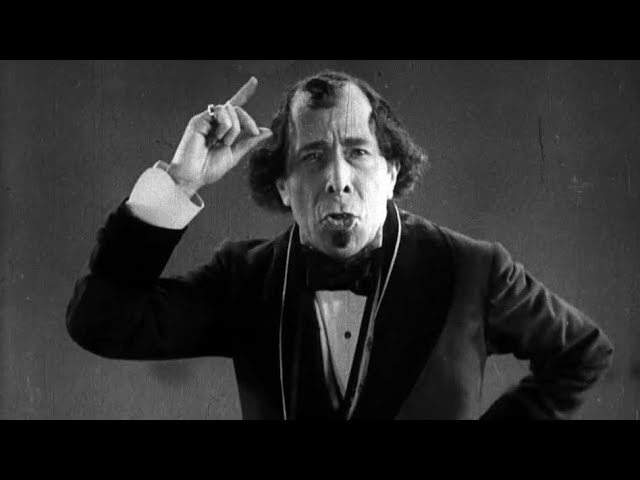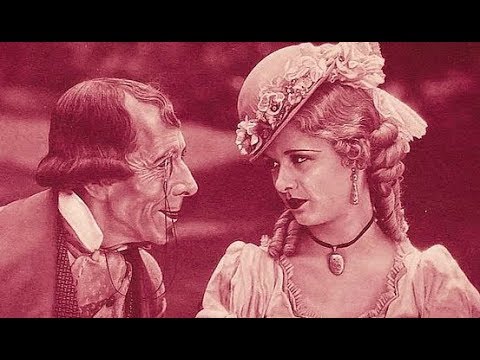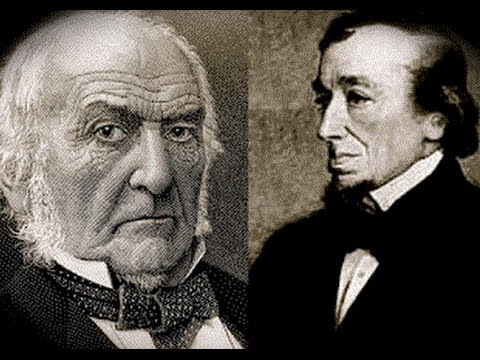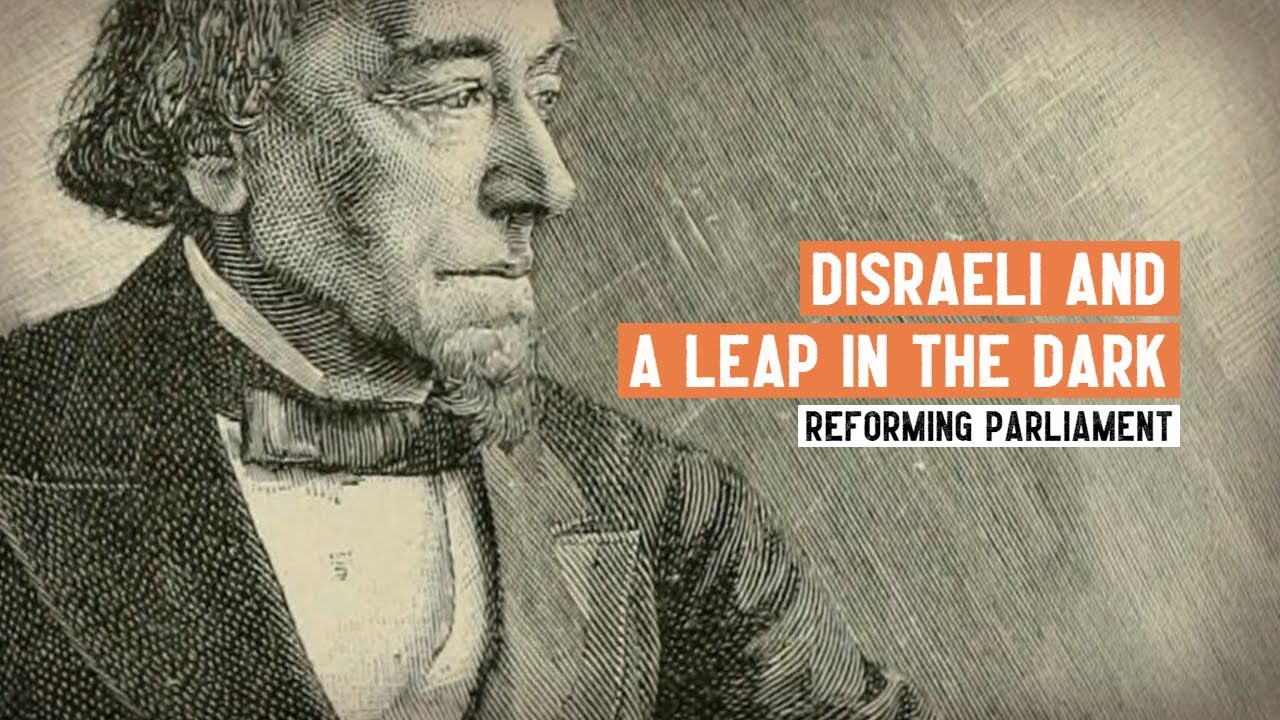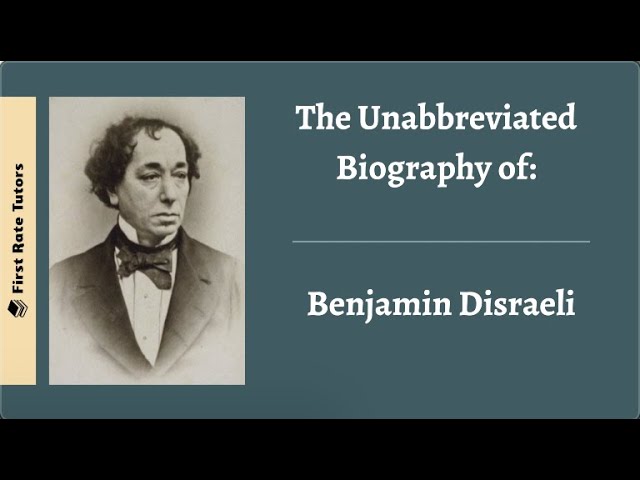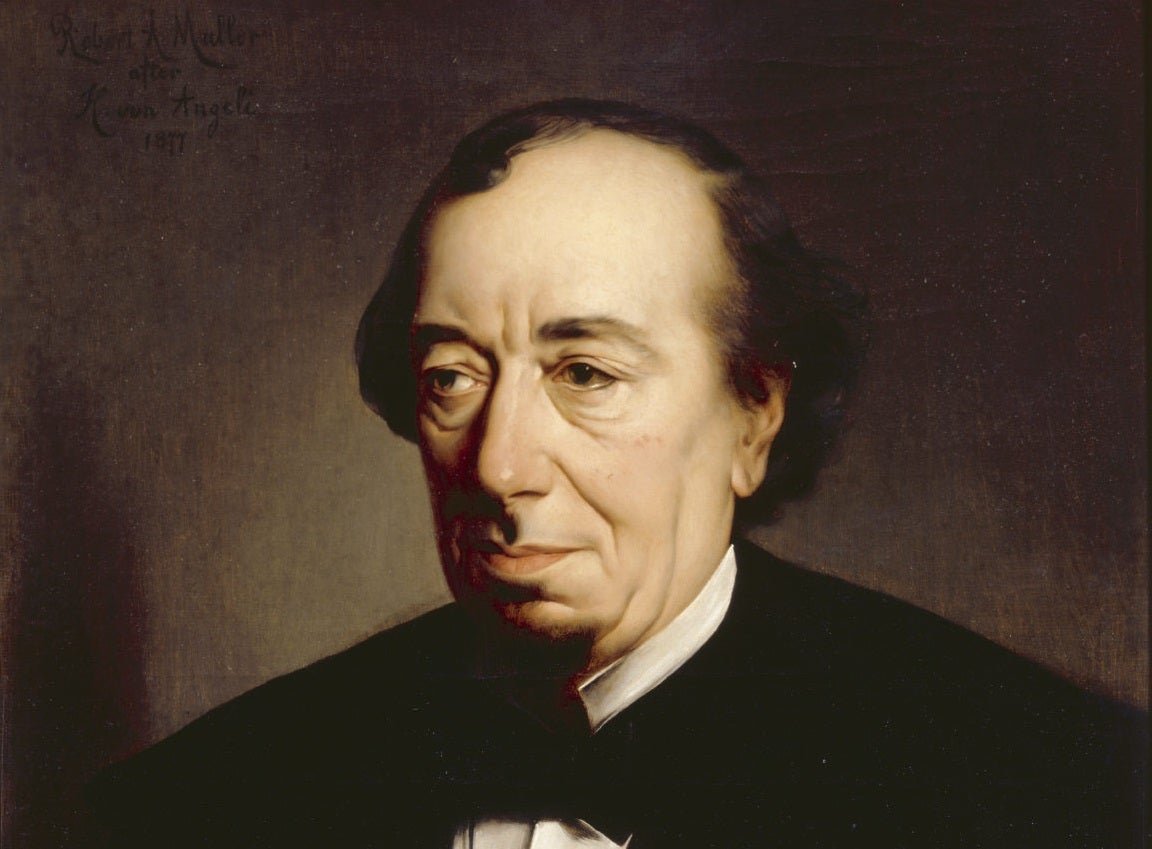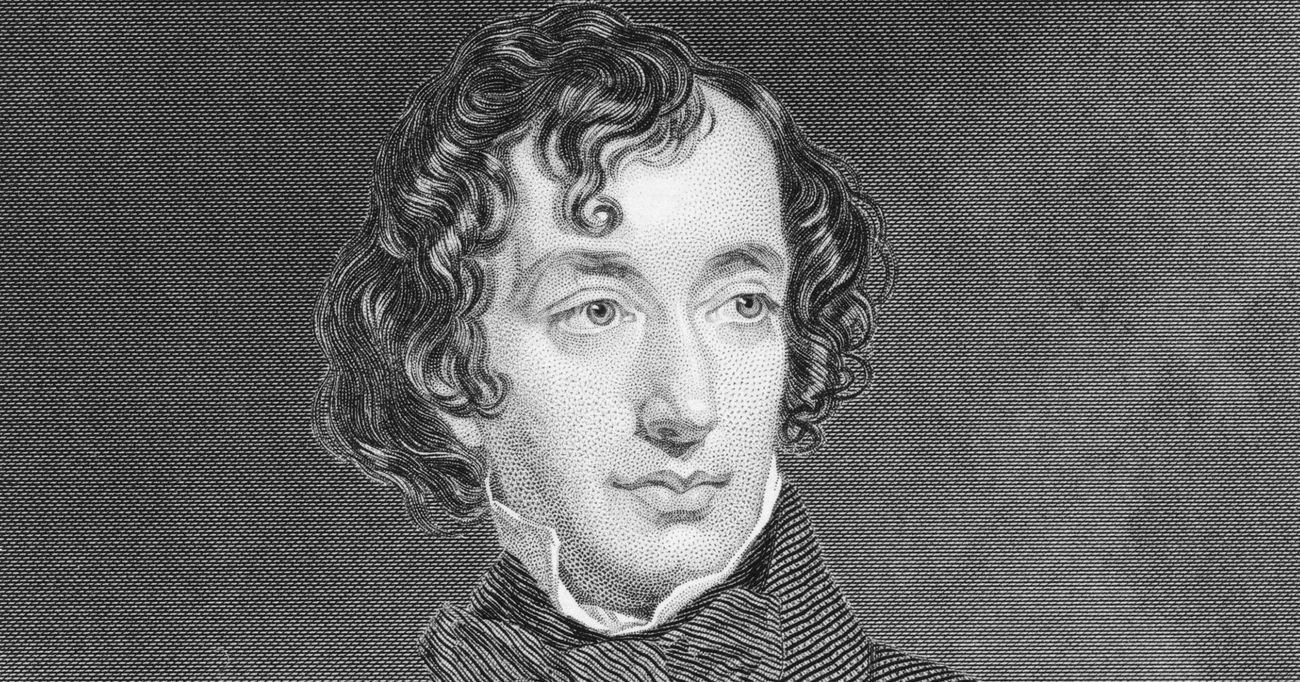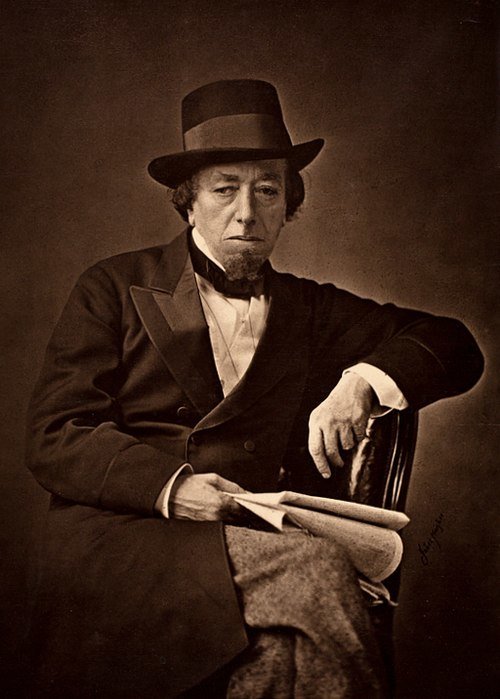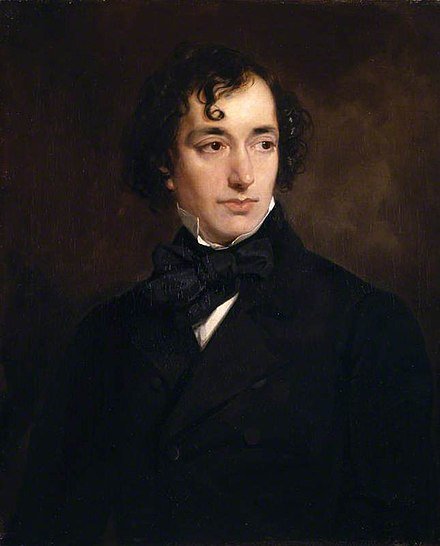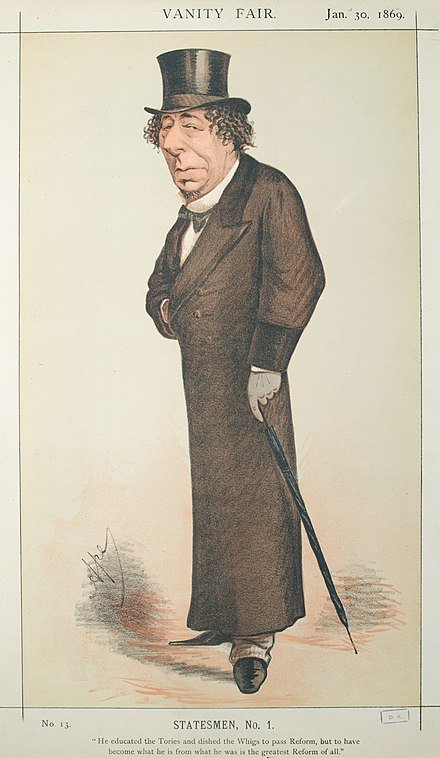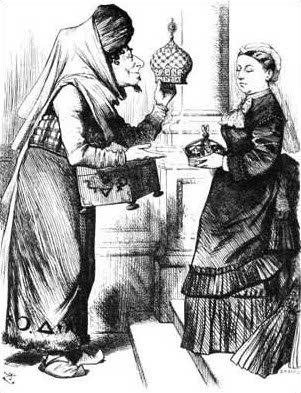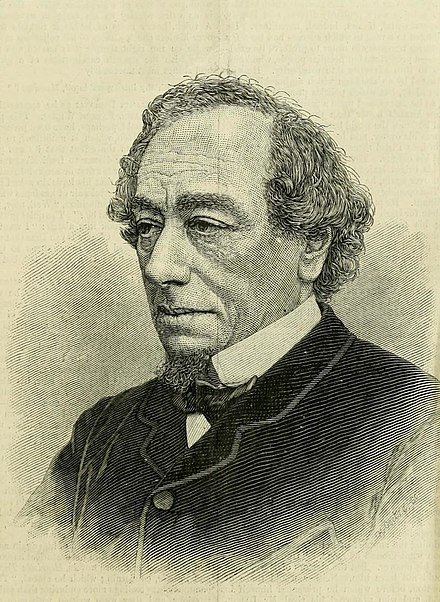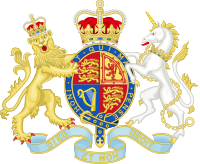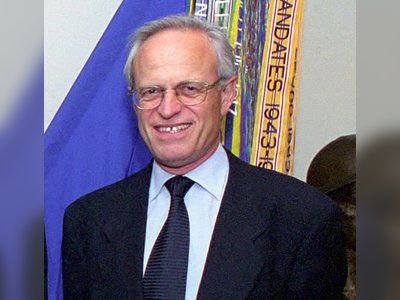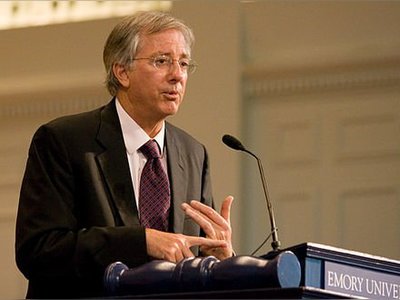Benjamin Disraeli: A Political and Literary Luminary of the 19th Century
Benjamin Disraeli, also known as Benjamin D'Israeli, was a British-Jewish author and statesman, who served as the Prime Minister of the United Kingdom twice during the 19th century. Beyond his political career, he cemented his place in English literature, and his works continue to be influential. Notably, he was the only British Prime Minister of Jewish descent.
Disraeli was born in 1804 in Bloomsbury, London, to a Sephardic Jewish family with roots in the Republic of Venice in the 16th century. His family had settled in London from Livorno, Italy, at the end of the 18th century. At the age of 12, Disraeli converted to Anglicanism due to a dispute his father, Isaac Disraeli, had with the local Jewish community.
Despite his conversion, he remained connected to his Jewish heritage. In the early 19th century, Jewish citizens in Britain were considered "second-class" and were not allowed to become members of parliament until the Emancipation of Jews Act in 1858.
Disraeli's early literary career did not yield significant success, but it was during his political journey that he gained fame as an author. He entered British politics as a member of the Tory party (now the Conservative Party) and published his best-selling novels during this period. Notably, he criticized his party leader, Robert Peel, for repealing the Corn Laws in 1846. This political crisis led to the split of the Tory party into two factions. During Edward Smith-Stanley's government, Disraeli served as Chancellor of the Exchequer.
Disraeli rose to leadership within the party after Edward Smith-Stanley's retirement, although he lost the position of Prime Minister in the 1868 general elections. He later returned as Prime Minister following the Conservative victory in the 1874 general elections. Disraeli had a warm relationship with Queen Victoria, who bestowed upon him the title of Earl of Beaconsfield in response, he appointed the Queen as Empress of India.
His primary political rival was William Gladstone, the leader of the Liberal Party. Disraeli's tenure as Prime Minister was marked by significant Eastern Question issues and the Great Game, during which he worked to weaken the international influence of the Russian Empire through the Congress of Berlin, which altered the provisions of the Treaty of San Stefano, and the Second Anglo-Afghan War.
Disraeli orchestrated the British government's purchase of shares and extensive rights in the Suez Canal Company, ultimately leading to British economic dominance in Egypt, which was nominally under the control of the Khedive. Toward the end of his tenure, an Urabi revolt erupted against Khedive Tewfik and the European presence in Egypt, resulting in the Anglo-Egyptian War.
Conflicts such as the Second Anglo-Afghan War and the Zulu War had adverse effects on Disraeli's political reputation. He further aggravated British farmers by refusing to reinstate the Corn Laws in response to low crop yields and cheap grain imports. This strengthened the political standing of the Liberal Party. In the 1880 general elections, the Liberals, led by Gladstone, emerged victorious, and Disraeli retired from politics, leaving the leadership of the Conservative Party to Robert Gascoyne-Cecil, 3rd Marquess of Salisbury. A few months before his death, Disraeli completed his novel "Endymion."
Early Years
Benjamin Disraeli was born in London in 1804, to a Jewish-Spanish family that had settled in the Republic of Venice during the early 16th century and later migrated to London from Livorno, Italy, at the end of the 18th century. At the age of six, he began studying independently. In 1824, he embarked on studying law but did not complete his studies due to lack of interest.
Like his father, Isaac Disraeli, he had a passion for writing. In 1826, he published his first novel, "Vivian Grey," a complex satire of English society spanning five volumes. In 1827, he published his second book. However, in 1830, Disraeli experienced a personal crisis characterized by physical and mental challenges. He gradually recovered after embarking on an extended journey through Southern Europe and the Middle East, which included a visit to Jerusalem.
This journey was meant to inspire his novel "Alroy," which was set in the Holy Land. While in Jerusalem, Disraeli explored the city extensively, including the Tombs of the Kings and holy shrines. His experiences in Jerusalem left a profound impact on him and served as inspiration for his future literary works.
At the age of 20, Disraeli suffered significant financial losses due to stock market investments and attempted to launch "The Representative," a newspaper intended to compete with "The Times," but it failed to gain traction. He continued to write a comedic novel, "Vivian Grey," published anonymously, which initially achieved commercial success but saw a decline in sales when his authorship was revealed. The pressure from this, coupled with ongoing financial troubles, led to a nervous breakdown.
During his travels in the Holy Land, Disraeli visited Jerusalem with the hope of finding inspiration for his novel "Alroy." The city was expected to be the centerpiece of his grand tour, and indeed, he could have written "a dozen sheets about this [Jerusalem] delightful week, the most blissful of our travels."
He explored the city extensively during his week-long visit and visited the Tombs of the Kings and holy shrines. Disraeli relied on his sketches of life in Jerusalem and drew inspiration from passages in the Bible and the history of the Jewish people when writing his books after his return from the Holy Land. For example, the main character in his novel "Alroy" is David Alroy, a fictional Jewish messiah from the 12th century.
- בנג'מין דיזראליhe.wikipedia.org
